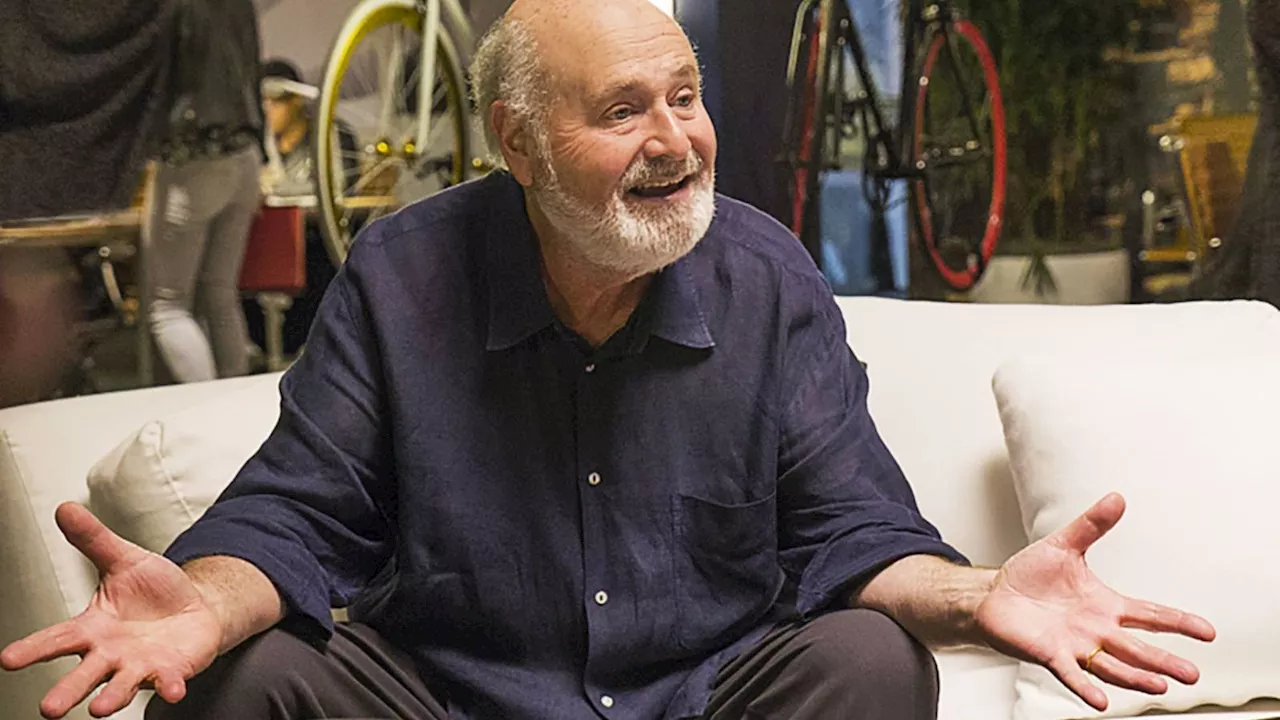UPDATE: New reports highlight urgent warnings about five popular wellness trends that dangerously borrow from mainstream medicine. This alarming development raises serious questions about safety and regulation, particularly in Australia.
Health experts are sounding the alarm on these practices, which can pose significant risks to individuals seeking alternative therapies. As social media and celebrity endorsements fuel their popularity, many are being drawn into these unregulated treatments. Here’s a closer look at the five concerning trends.
1. Ozone Therapy has gained traction among wellness enthusiasts who claim it reduces inflammation and treats serious diseases like cancer and HIV/AIDS. However, this practice introduces ozone directly into the body via various methods, including intravenous injection, which can lead to severe complications like fatal air embolisms. No scientific evidence supports its claimed benefits.
2. Vitamin Drips have surged in popularity, particularly in therapy lounges and wellness centers. While medically supervised infusions can be critical for those with severe deficiencies, the non-regulated drips being offered promise everything from boosted immunity to pain relief. Untrained practitioners can cause dangerous complications like phlebitis and infections, leaving clients at risk without proper oversight.
3. Botox injections are now under tighter scrutiny in Australia. Effective for treating wrinkles and certain medical conditions, the neurotoxin has been legal for years. However, as of September 2, 2023, new regulations require that those administering Botox demonstrate higher skill levels due to concerns over safety and the use of unregistered injectables.
4. Apheresis is a process used to separate blood components for therapeutic purposes. It has garnered attention after actor Orlando Bloom publicly revealed his use of apheresis to eliminate microplastics from his blood. Experts warn that there is no evidence supporting the efficacy of this procedure for cleansing blood in the way promoted by wellness advocates.
5. Hyperbaric Therapy, typically used to treat decompression sickness in divers, is controversially marketed for a range of conditions, including autism and PTSD. There is currently insufficient scientific backing to validate these claims, raising concerns about misleading information and potential harm.
The key message is clear: while history shows that some fringe therapies can become mainstream, the dangers of unverified wellness treatments carry significant risks. As consumers increasingly turn to these options, it’s crucial to approach them with caution and skepticism.
With the rise of aggressive marketing tactics on social media, many are being misled into believing in the benefits of therapies lacking substantial evidence. Let the buyer beware—the implications for health and safety are profound.
Authorities continue to stress the importance of consulting qualified medical professionals before engaging in any alternative therapies. As these trends develop, individuals are urged to prioritize their safety over the allure of unproven wellness claims.
Stay tuned for further updates as this situation evolves.







